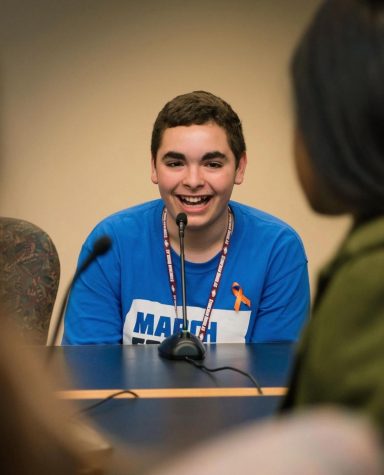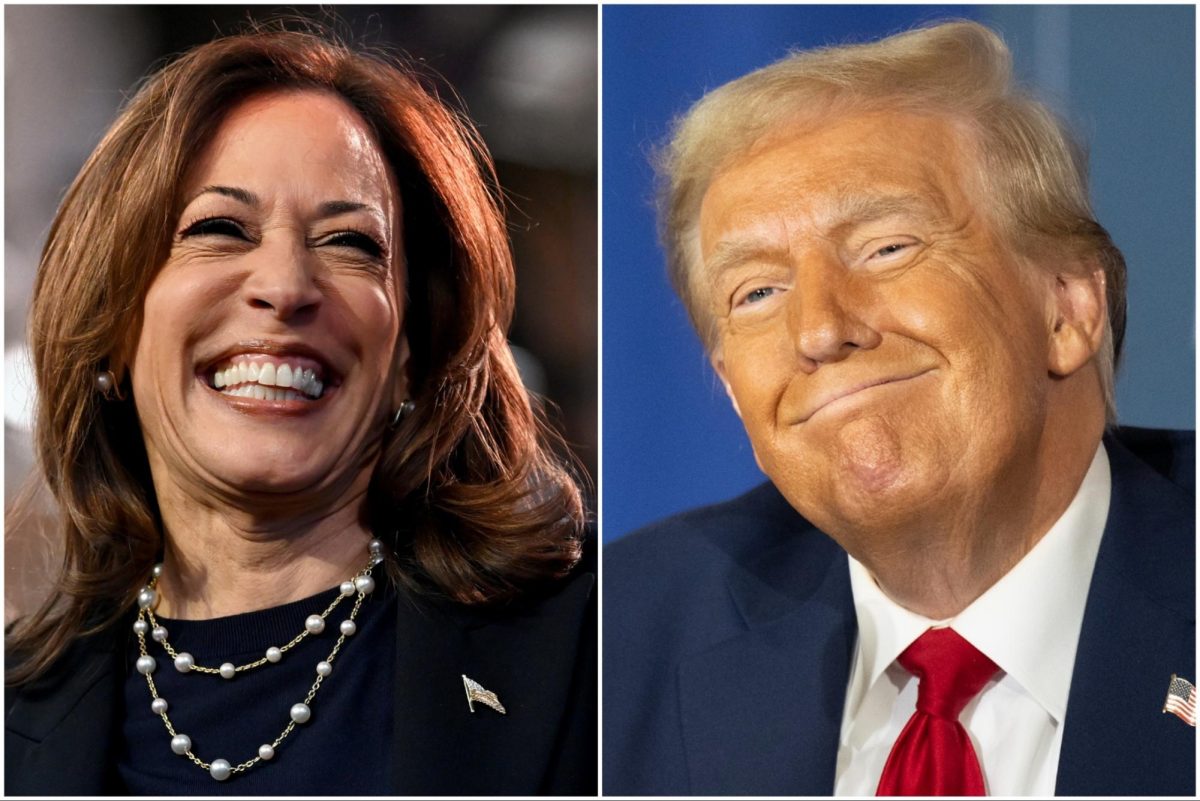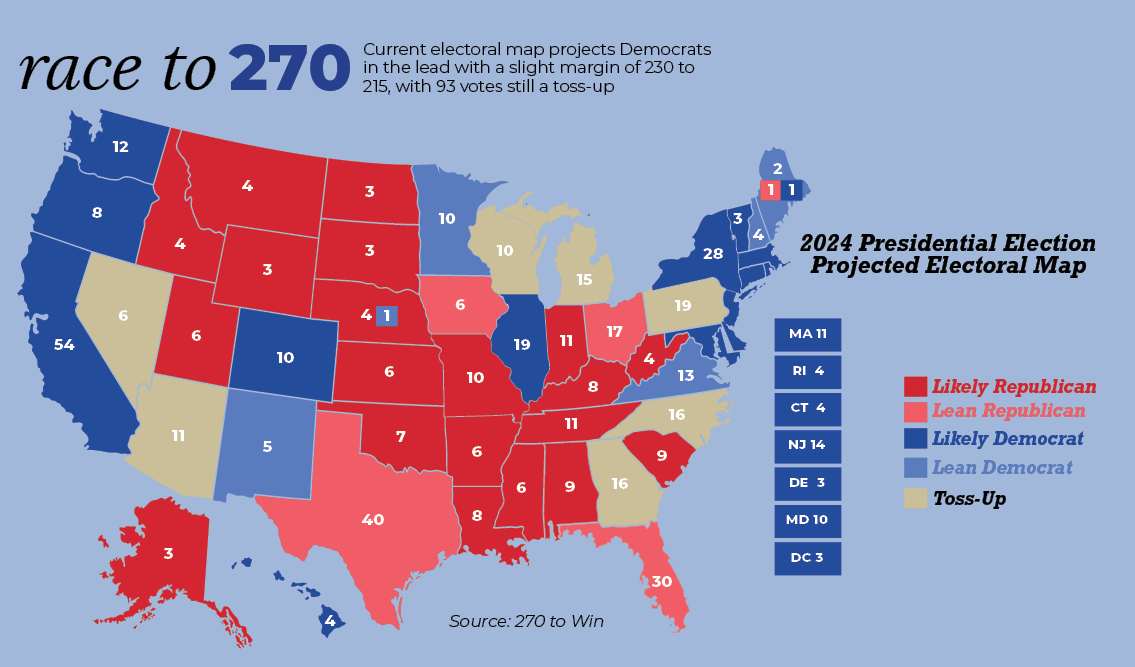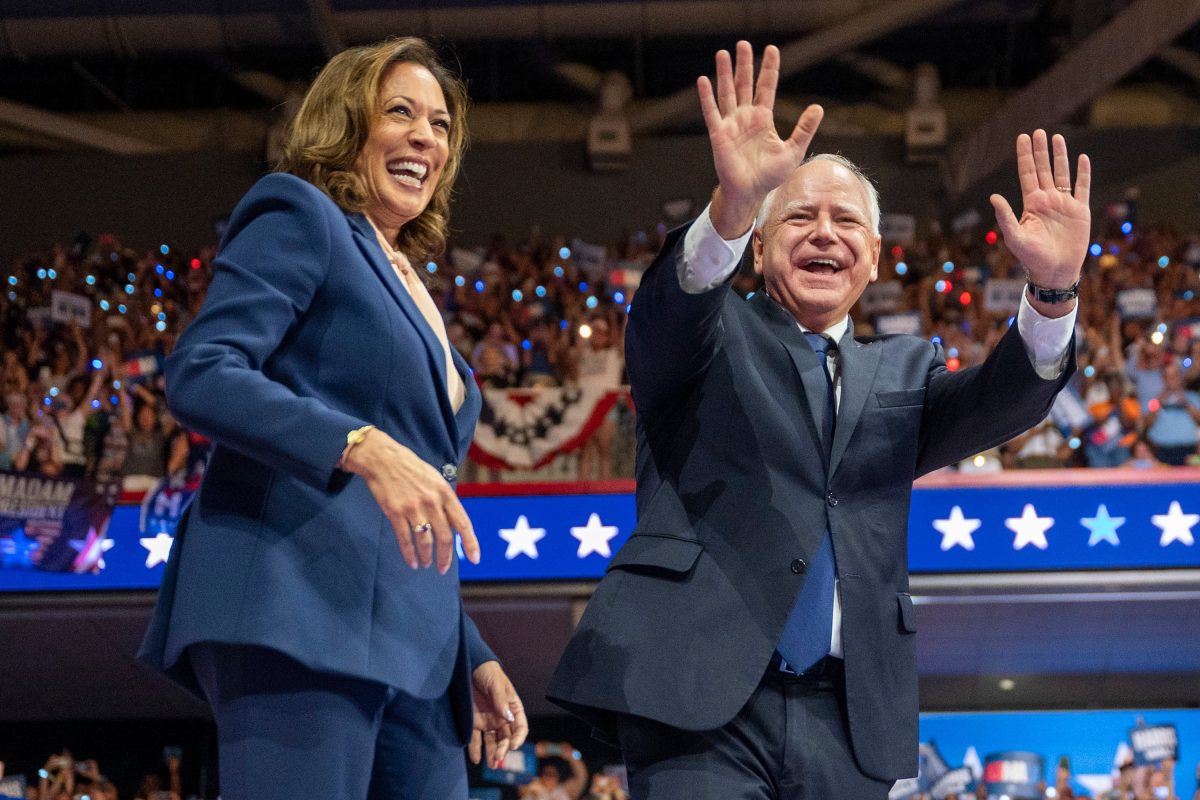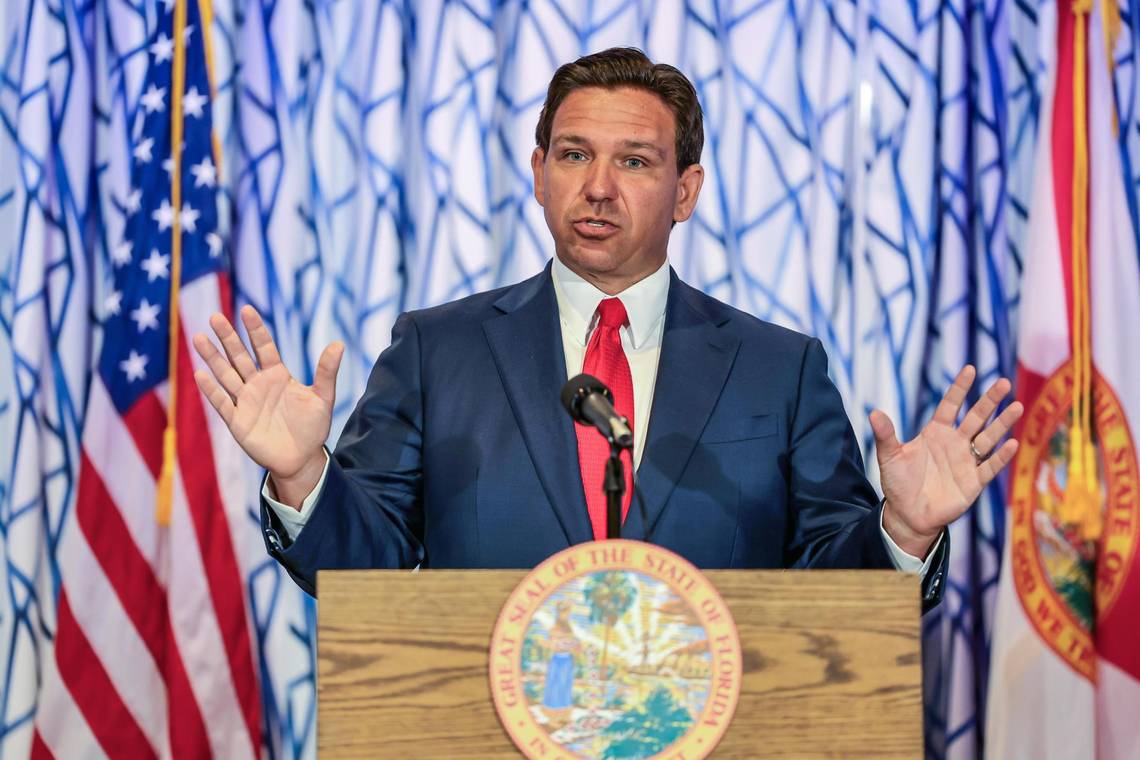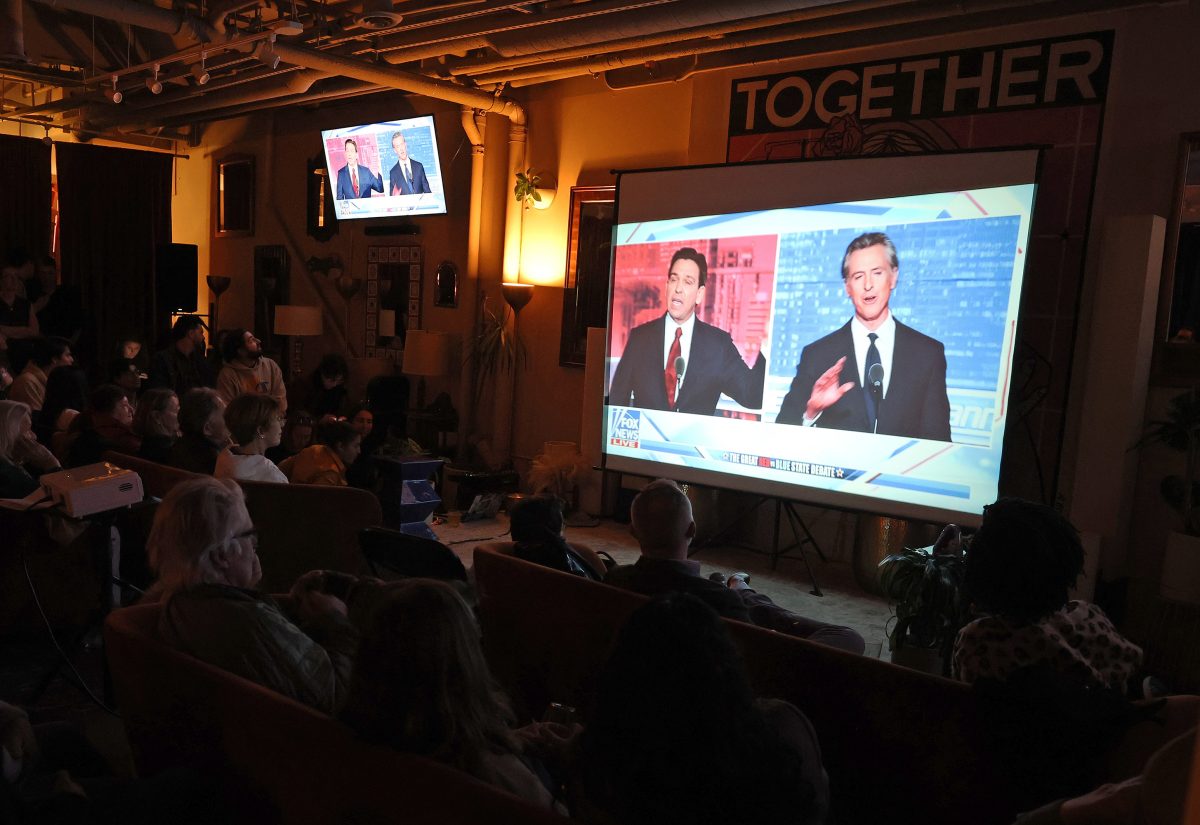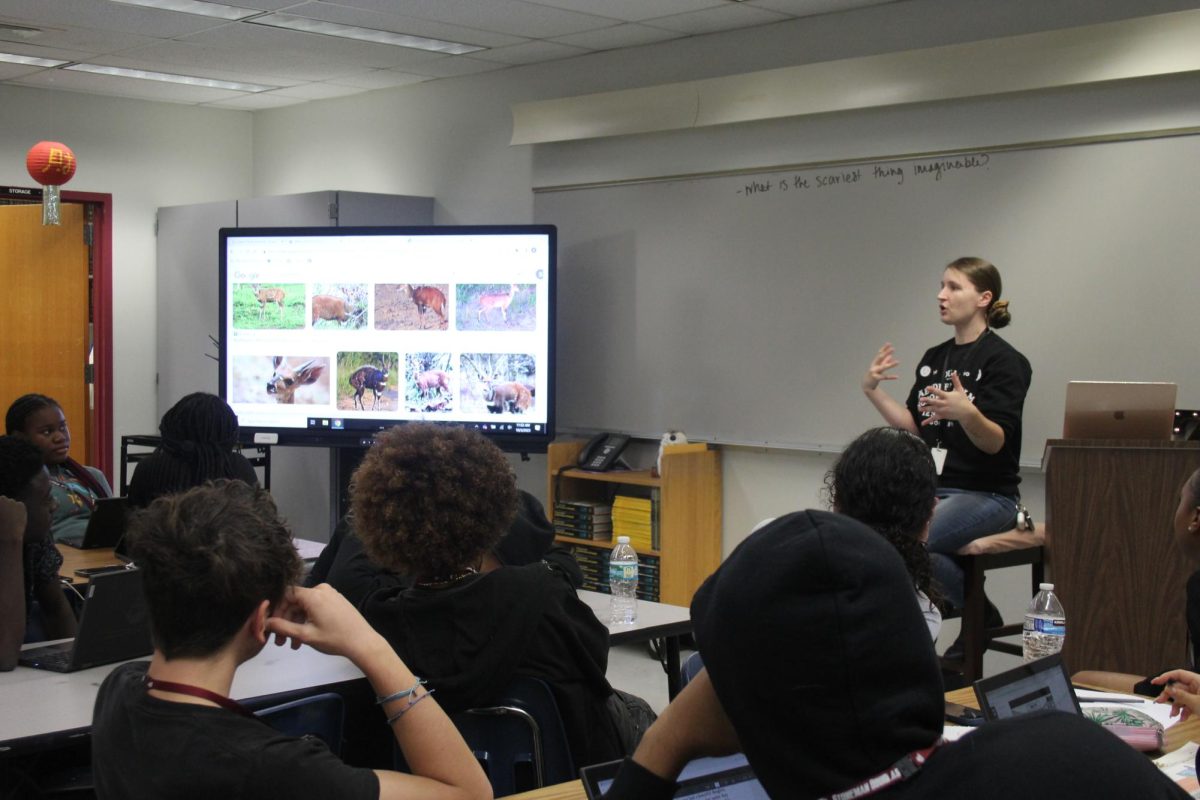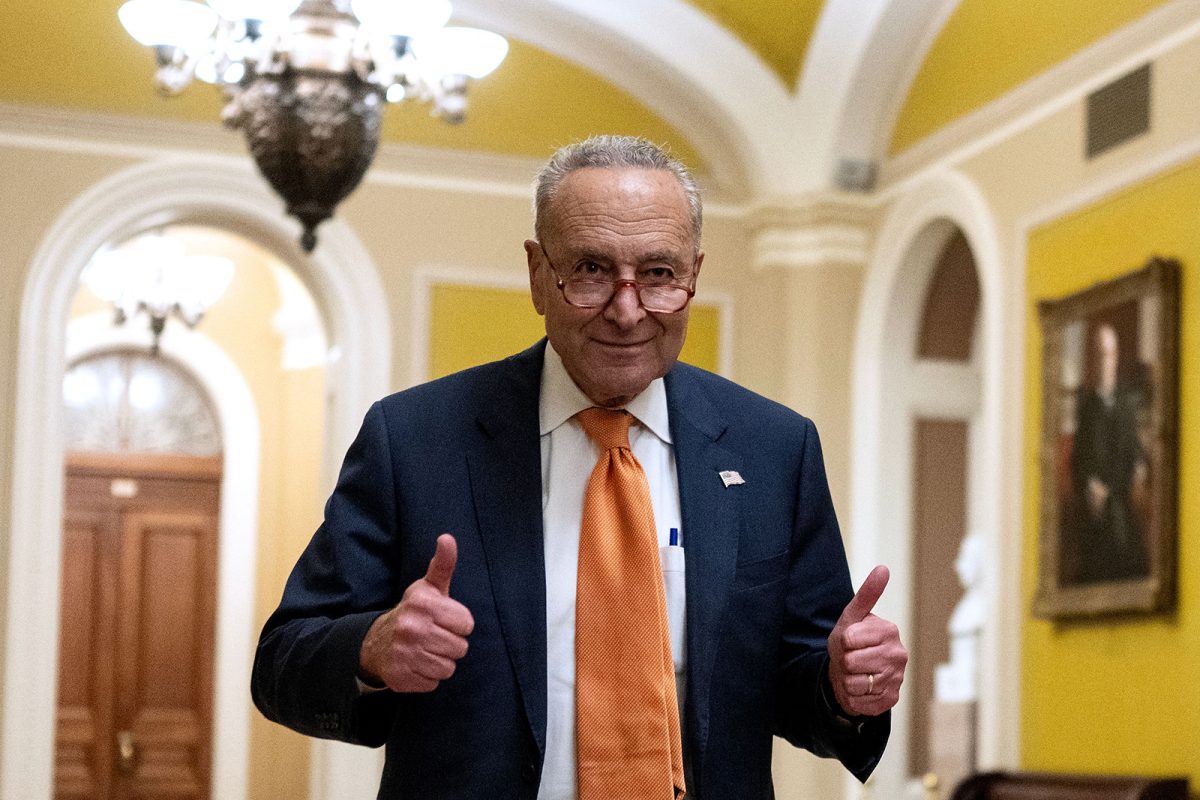
In a year consumed by Coronavirus, racial justice protests and an impending presidential election, voters across Broward County turned out to vote in this year’s Aug. 18 primary election. With changing demographics and racial politics, Black candidates swept the ballot across Broward, with all five out of five county-wide elections being won by Black candidates.
As Democrats have nearly three times as many registered voters in Broward County as Republicans, Democrats have had a historical advantage in the general election. The primary is where most competitive elections are found, with primary challengers serving as the main competition for many incumbents, as a result of the relative safety of their seats.
Gaining national attention, the Broward’s Sheriff race was one filled with millions of dollars in campaign donations, and widespread controversy within the media.
As reported in the Sun Sentinel, Former Sheriff Scott Israel was suspended from office by Governor Ron DeSantis for the cited reasons of, “incompetence and neglect of duty in connection to the Stoneman Douglas shooting.”
Gov. DeSantis appointed CSPD sergeant Gregory Tony to the role, but Tony himself was also involved in a fair amount of controversy. It was revealed that when Tony was 14, he sheriff shot and killed a man in self defense, and never disclosed it on his job application to join the Coral Springs Police Department.
There was also controversy surrounding DeSantis taking Israel out of office in the first place. The governor has the power to remove local elected officials from office but it is almost exclusively used when an official is charged with a crime or disrespects the office.
In October of 2019, a Florida Senate special master report recommended that Israel be reinstated back to his position, the report claiming DeSantis failed to prove the allegations of “neglect of duty” and “incompetence”.
Israel decided to run for his former seat again, claiming that he was illegally taken out of office by the Governor and that Tony wasn’t a “real Democrat.” Both campaigns, and PACs supporting each candidate, spent millions in TV ads, mailers, and other forms of advertising in opposition of each candidate throughout the course of the primary.
Matthew Herz, a junior at Marjory Stoneman Douglas High School, supported Tony in the primary.
“Since Gregory Tony was sworn into office, he created a training center for active shooter drills and has done a good job at getting BSO back on track,” Hertz said. “Israel had two major shootings during his career as sheriff, with communication and radio problems occurring at both shootings.”
Tony defeated Israel in the election, receiving 37.3% of the vote versus Israel’s 35.1%.
For the first time in 44 years, Broward County will have a new chief prosecutor. Since 1976, Mike Satz has served as Broward County’s State Attorney; however, he is retiring to focus on prosecuting the pending criminal case against accused perpetrator of the MSD shooting in 2018 that claimed the lives of 17 students and faculty members.
Eight candidates jumped into the Democratic primary, with Assistant State Attorney Harold Pryor coming out on top with 21.2% of the vote. Pryor garnered support from prominent Black elected officials, such as Broward County Mayor Dale Holness and Congressman Alcee Hastings.
Criminal Defense lawyer Joe Kimok was supported by prominent progressive figures such as Senator and Presidential candidate Bernie Sanders and Florida racial justice organizations Dream Defenders and New Florida Majority, as well as others. Kimok narrowly came in second with 19.9% of the vote.
In a way reminiscent of the past history of the office, the Supervisor of Elections race came down to a recount. West Point graduate and cyber security expert Joe Scott received 24.8% of the vote, with 26 year-old Lawyer Chad Klitzman receiving 24.5%. With the election coming within .5%, an automatic machine recount was done, certifying Scott’s victory.
Klitzman recruited nearly 70 students interns to join his campaign, with Stoneman Douglas Senior Annabelle Ousley being one of them.
“The internship program was really cool, I got to learn a lot about different topics when it came to elections such as fraud and voter suppression. The program mainly had me calling voters throughout the day and Klitzman was honestly a really good guy to work for,” Ousley said. “The internship taught me how important local government is, it’s not really something most people think about.”
In Senate District 29, State Senator Kevin Rader decided to retire, opting out of serving another 4-year term. State Rep. Tina Polsky and former State Rep. Irv Slosberg battled for the seat in a fiery Democratic primary.
Slosberg ran a self-funded campaign, contributing nearly $1.5 million in personal loans to his campaign. Polsky combatted Slosberg on his gun record, receiving backlash from the Slosberg campaign over allegations that Slosberg did in fact support gun control legislation during his tenure in the legislature.
The voters ultimately made their decision, electing Polsky by over 50 points, with Polsky receiving 76.5% of the vote versus Slosberg’s 23.5%. The district accompanies Parkland, Coral Springs, Boca Raton, Coconut Creek, Pompano Beach, Delray Beach and parts of Palm Beach.


